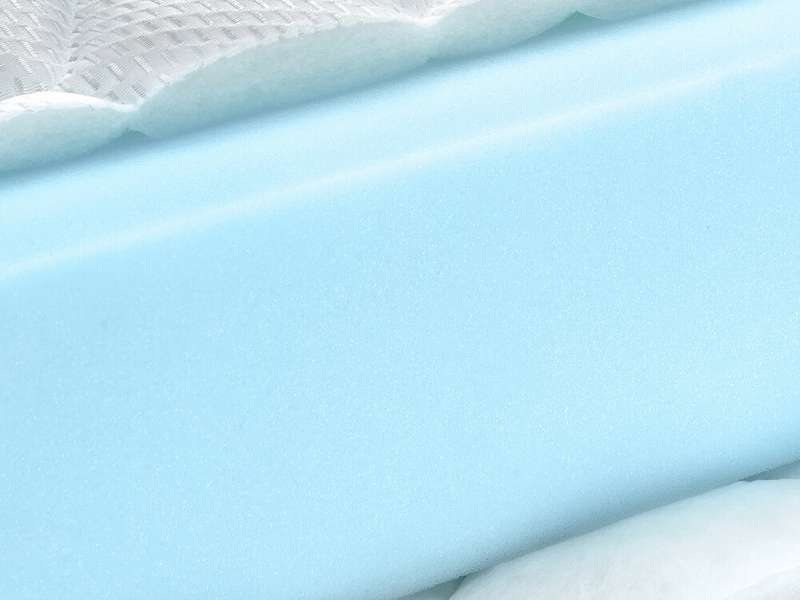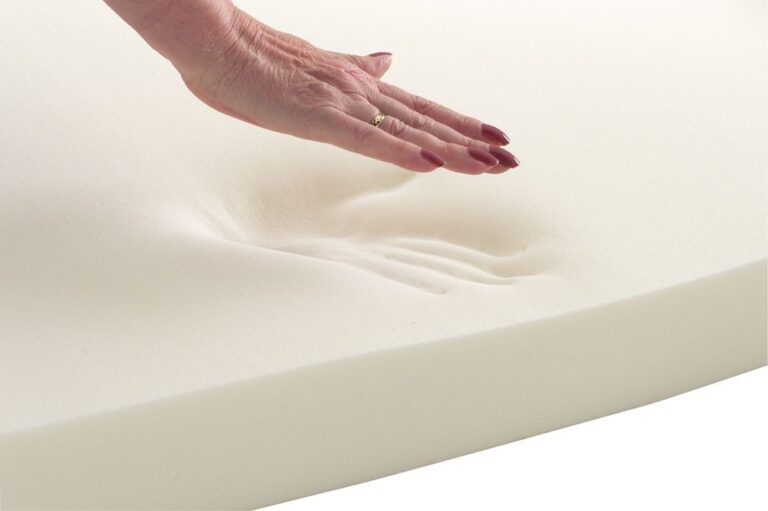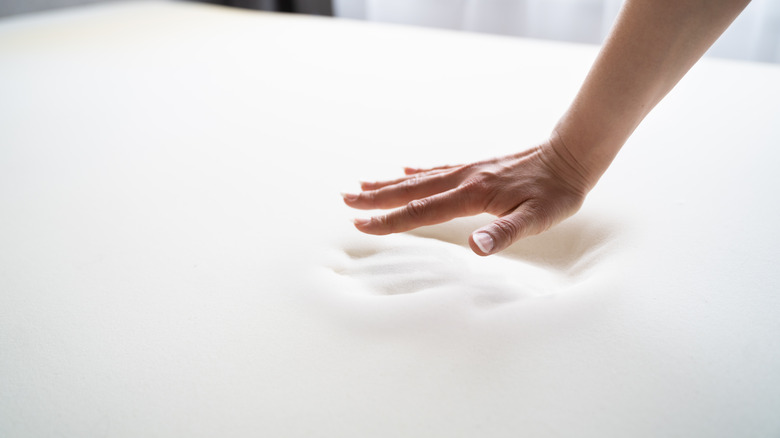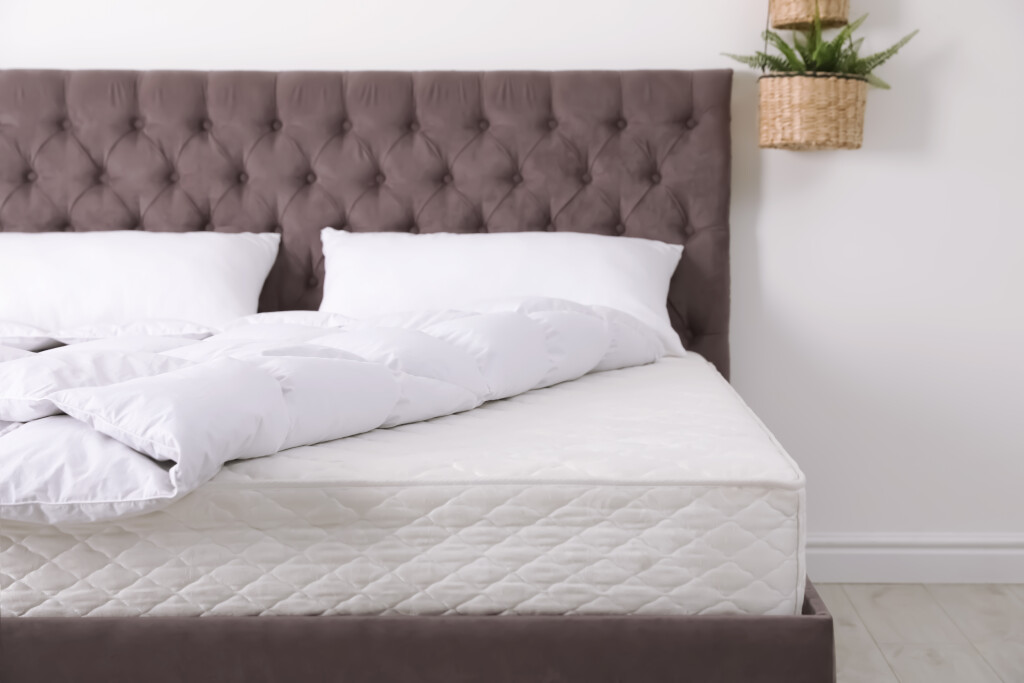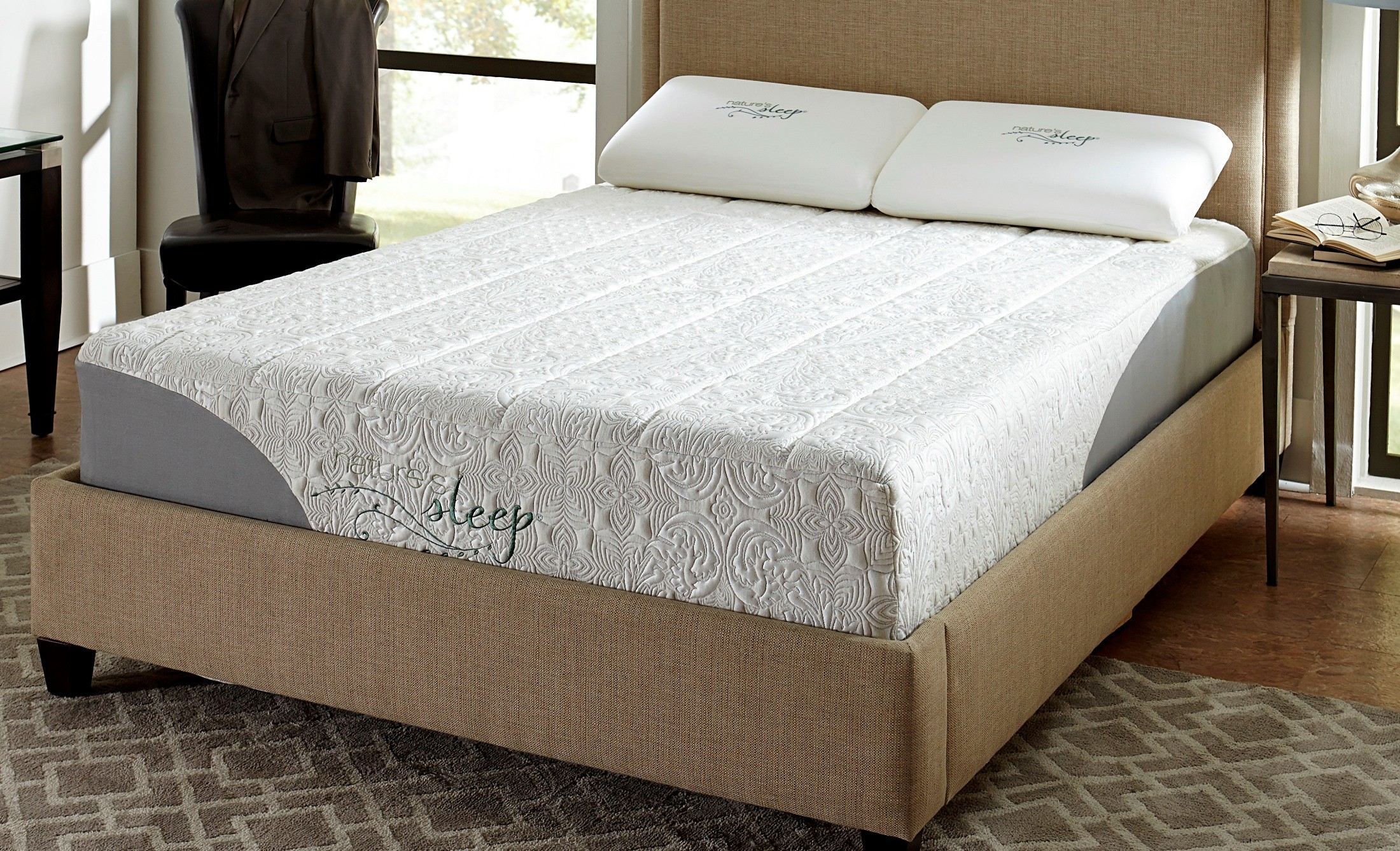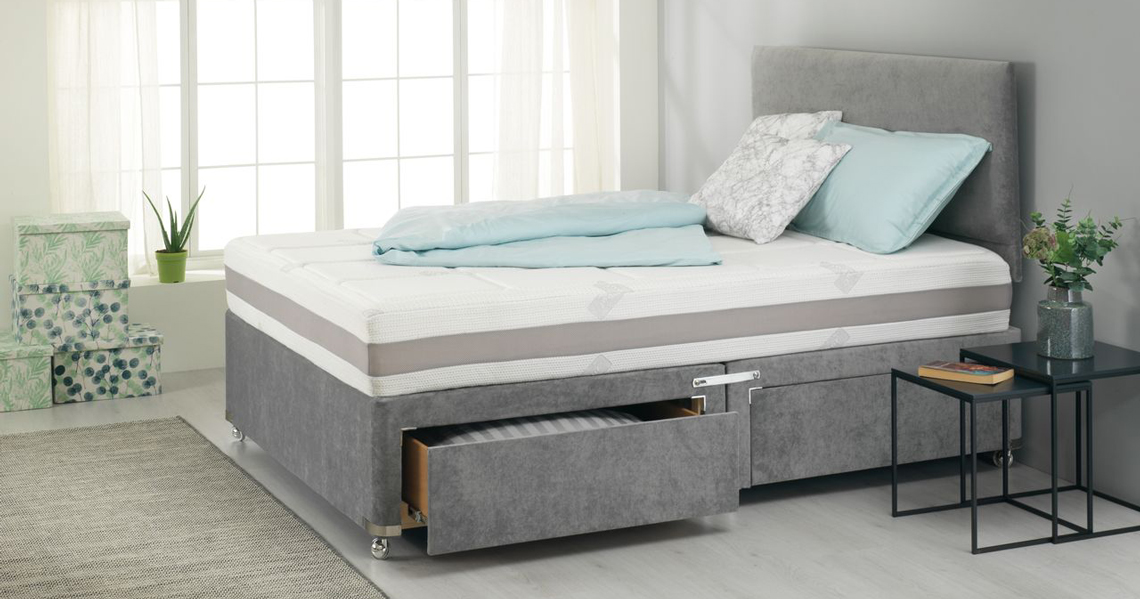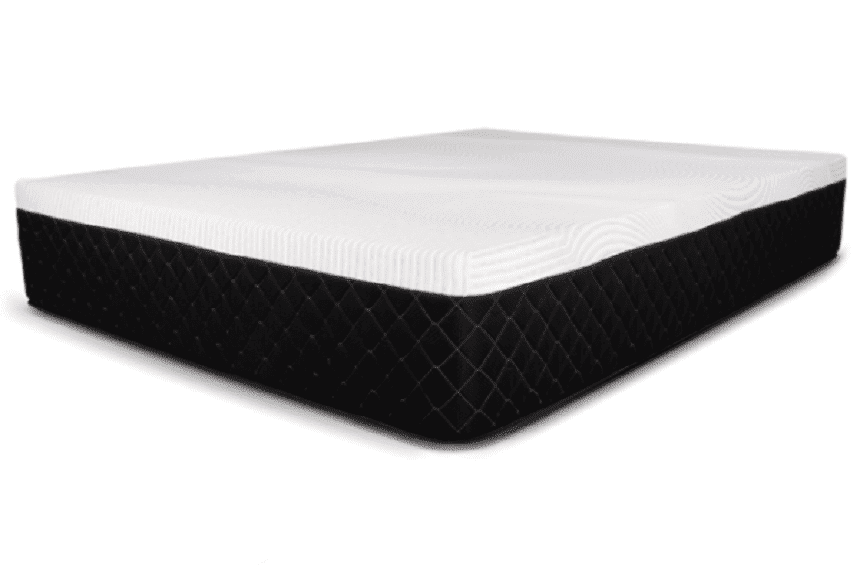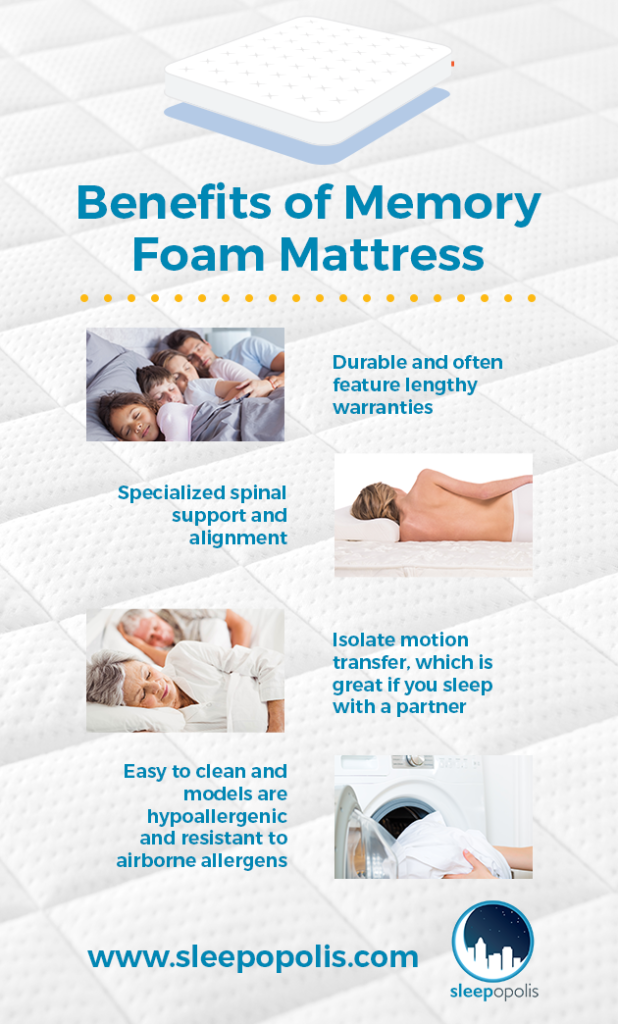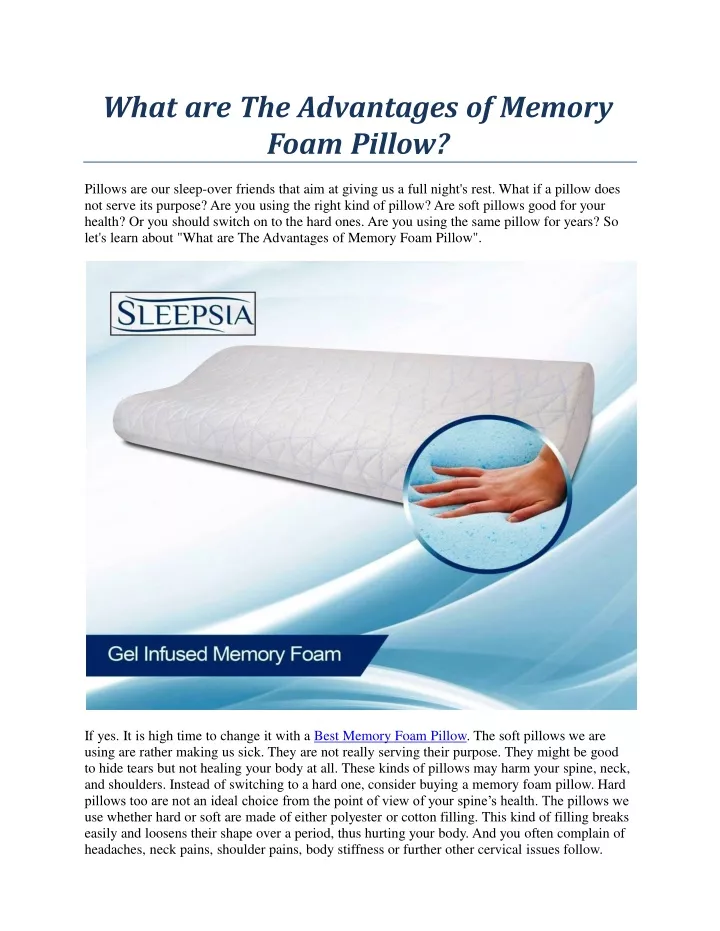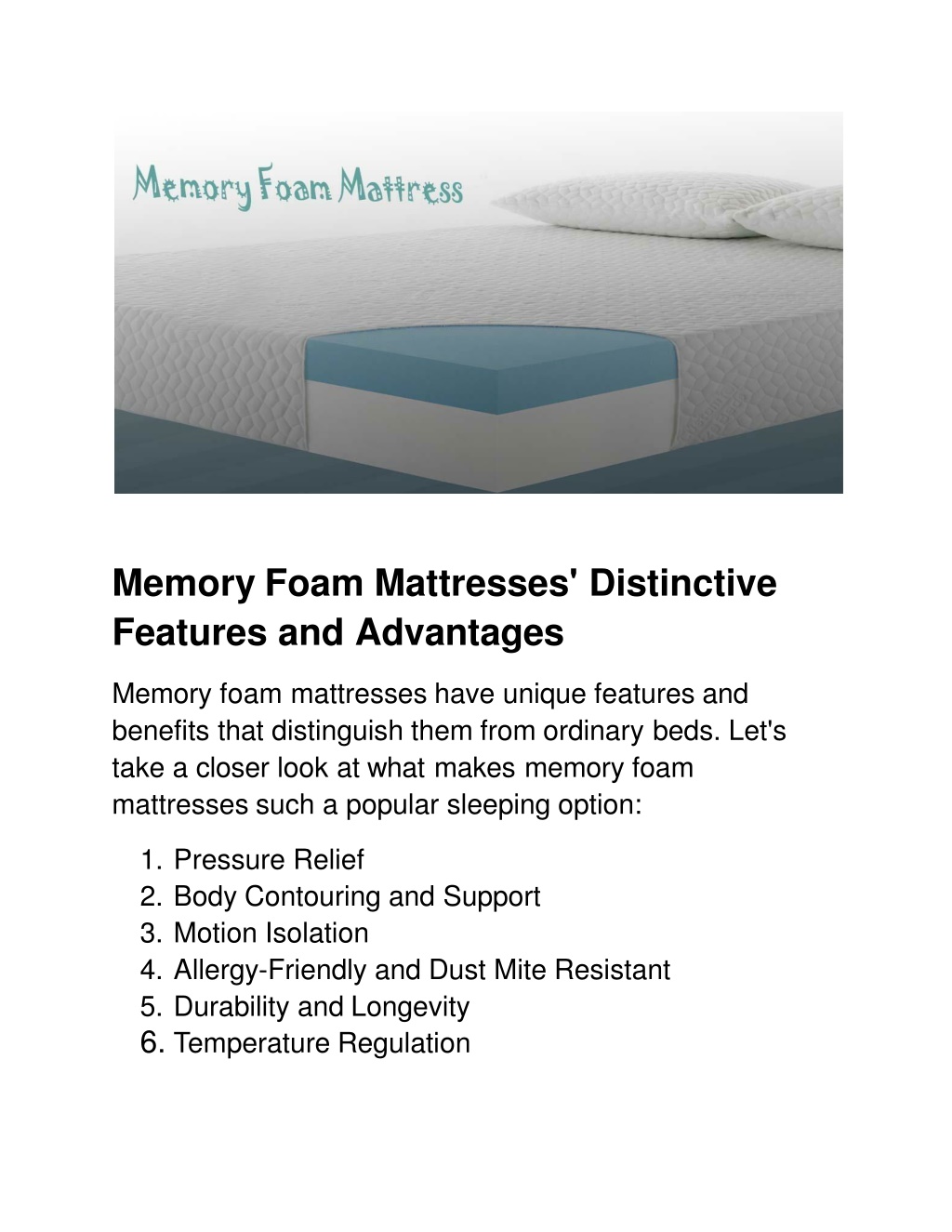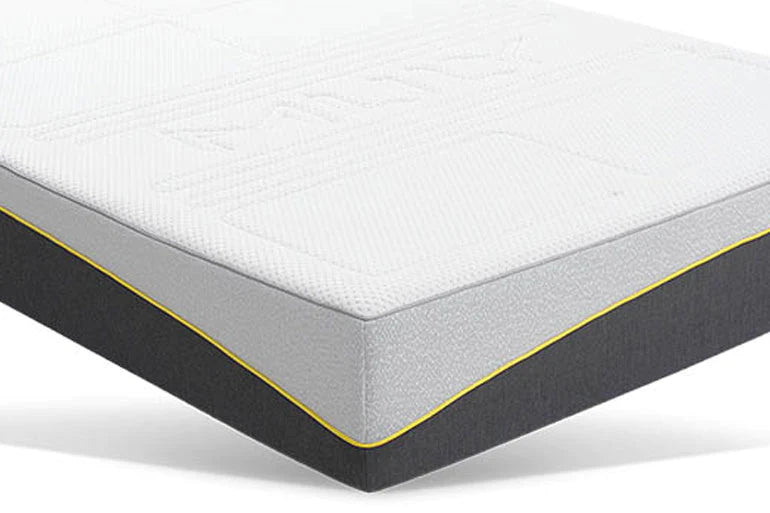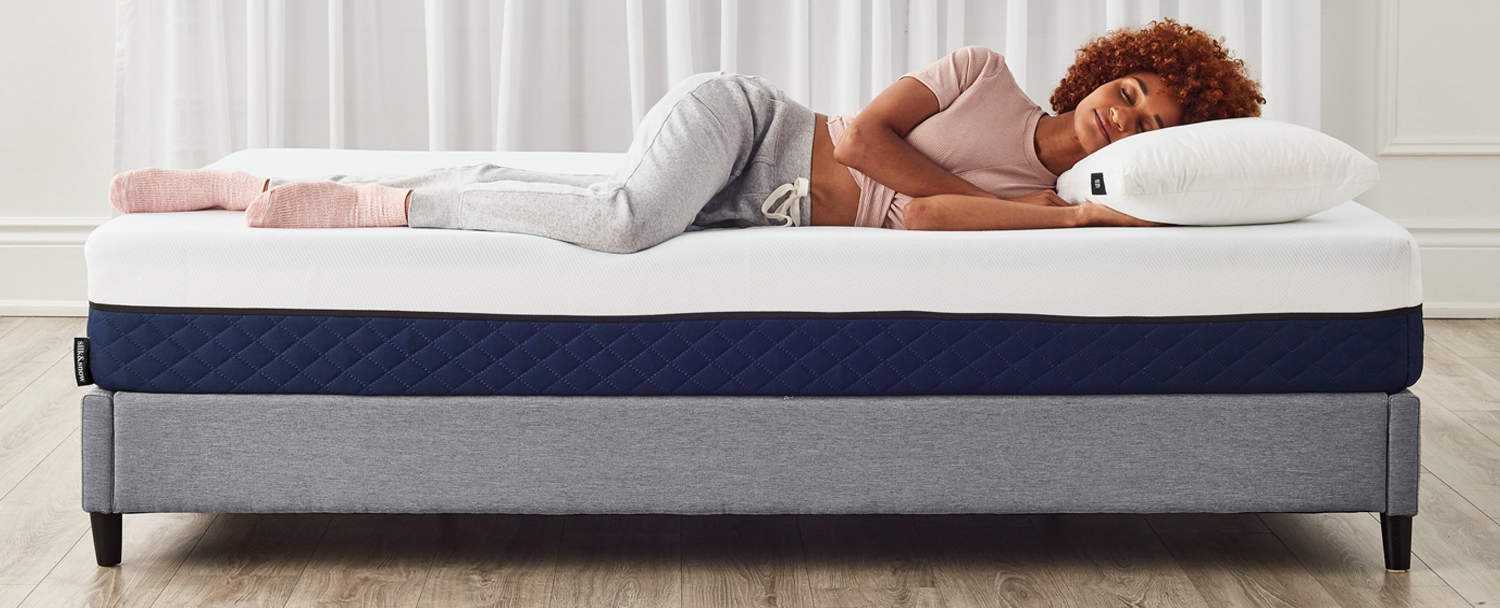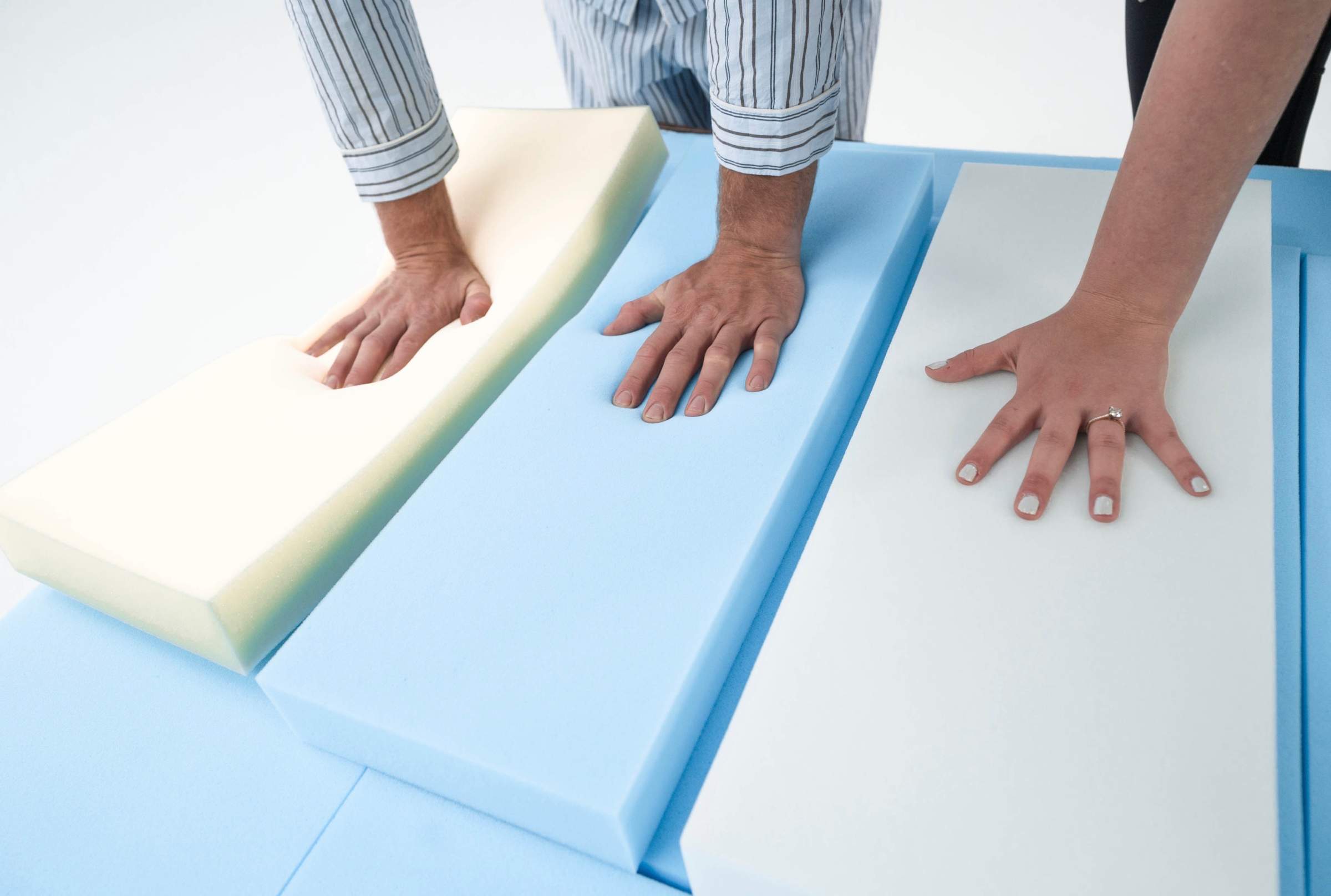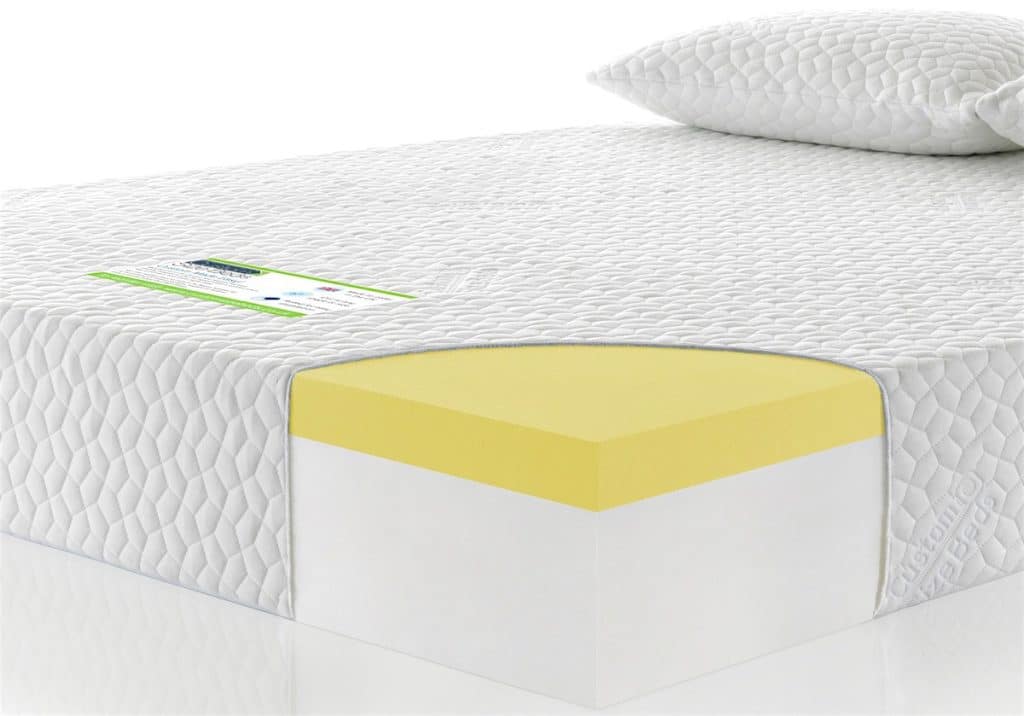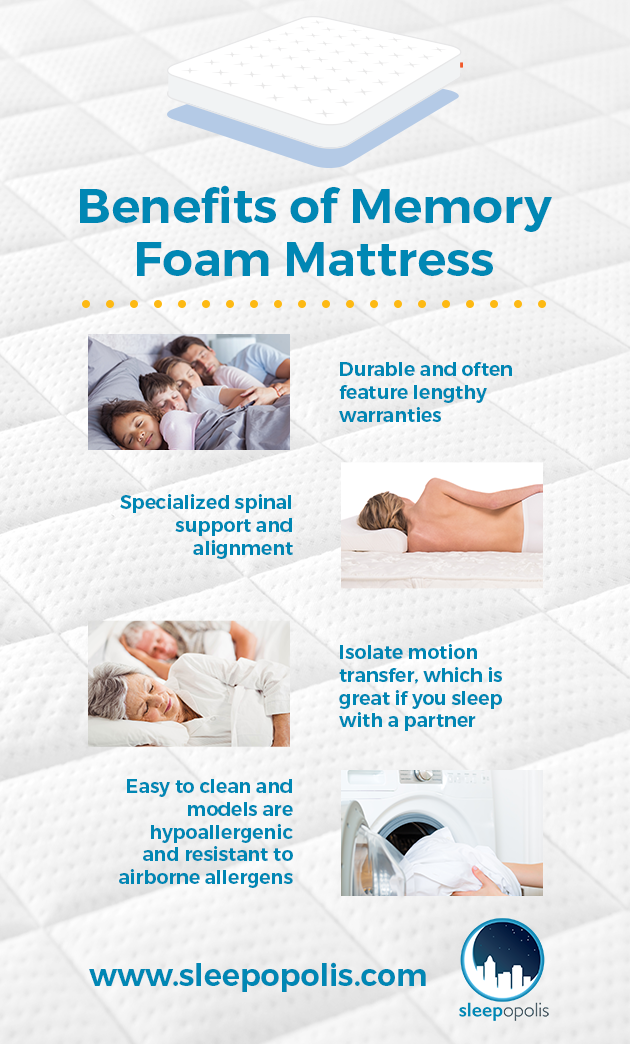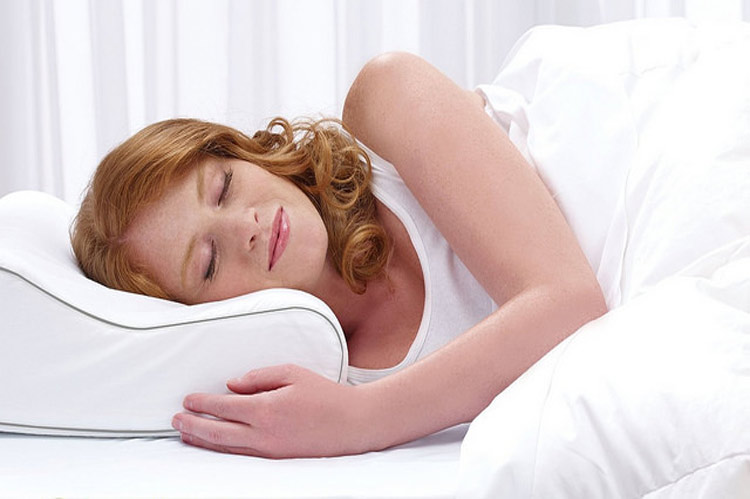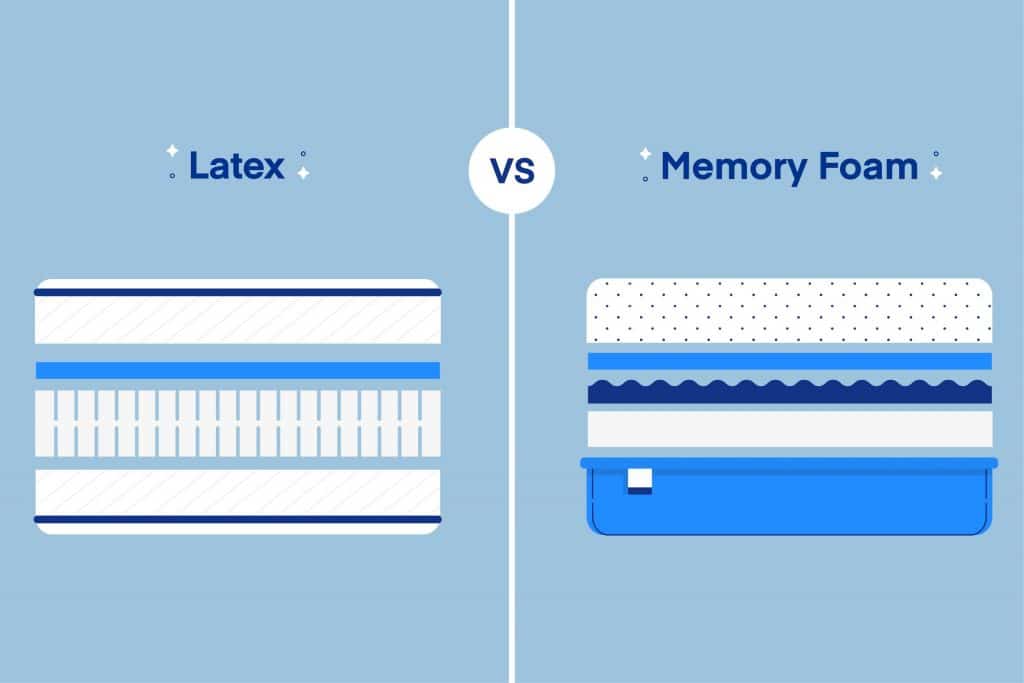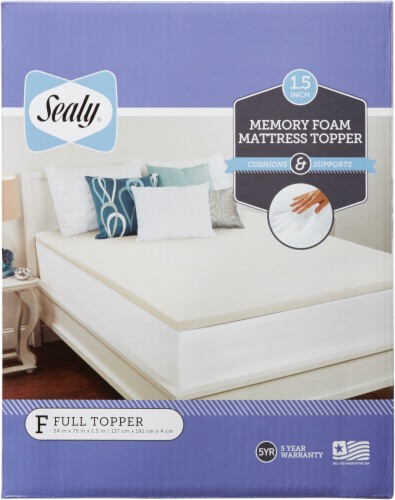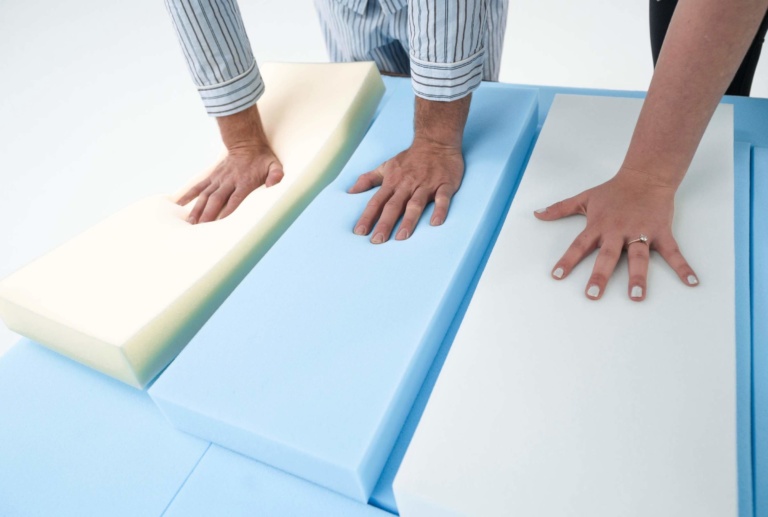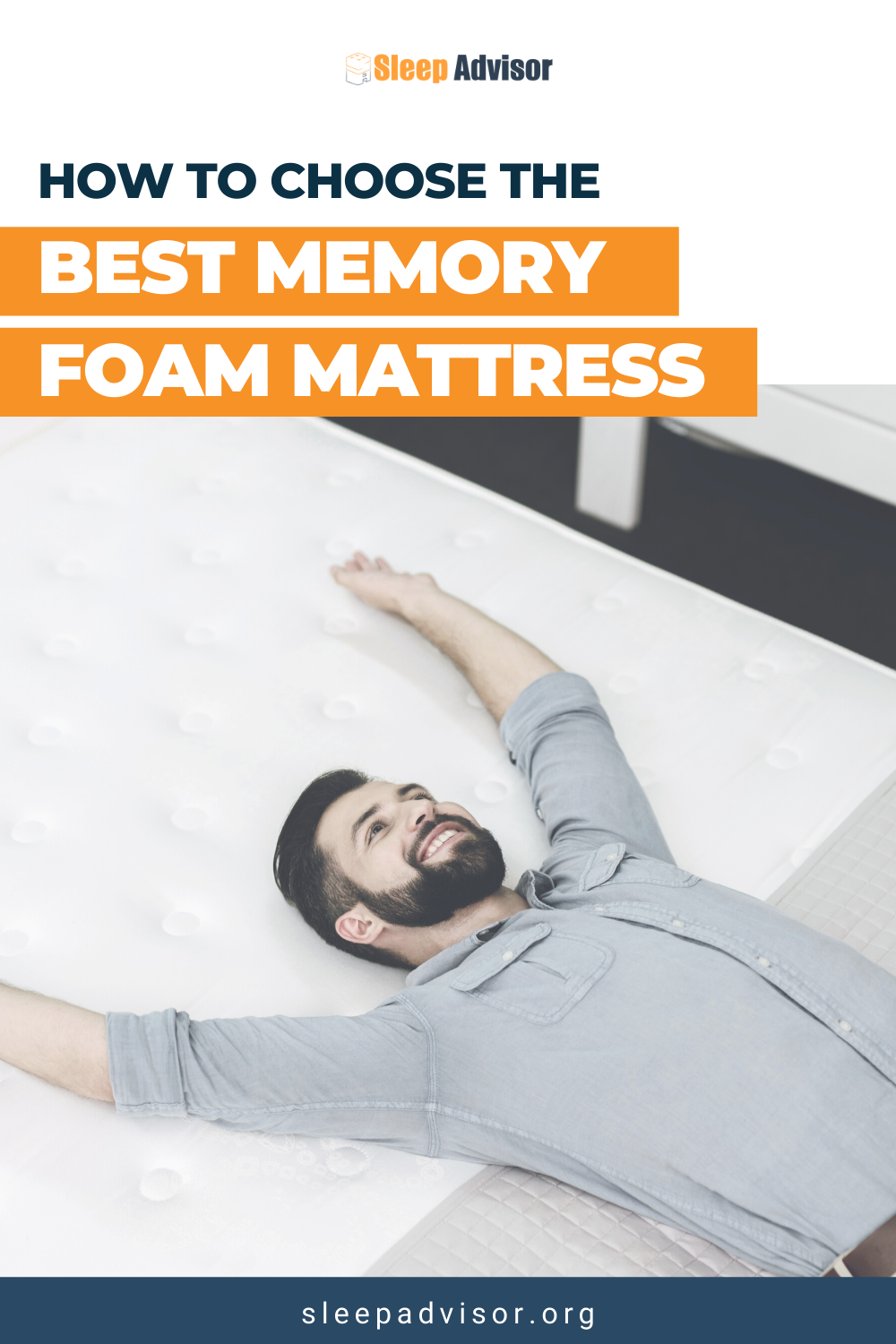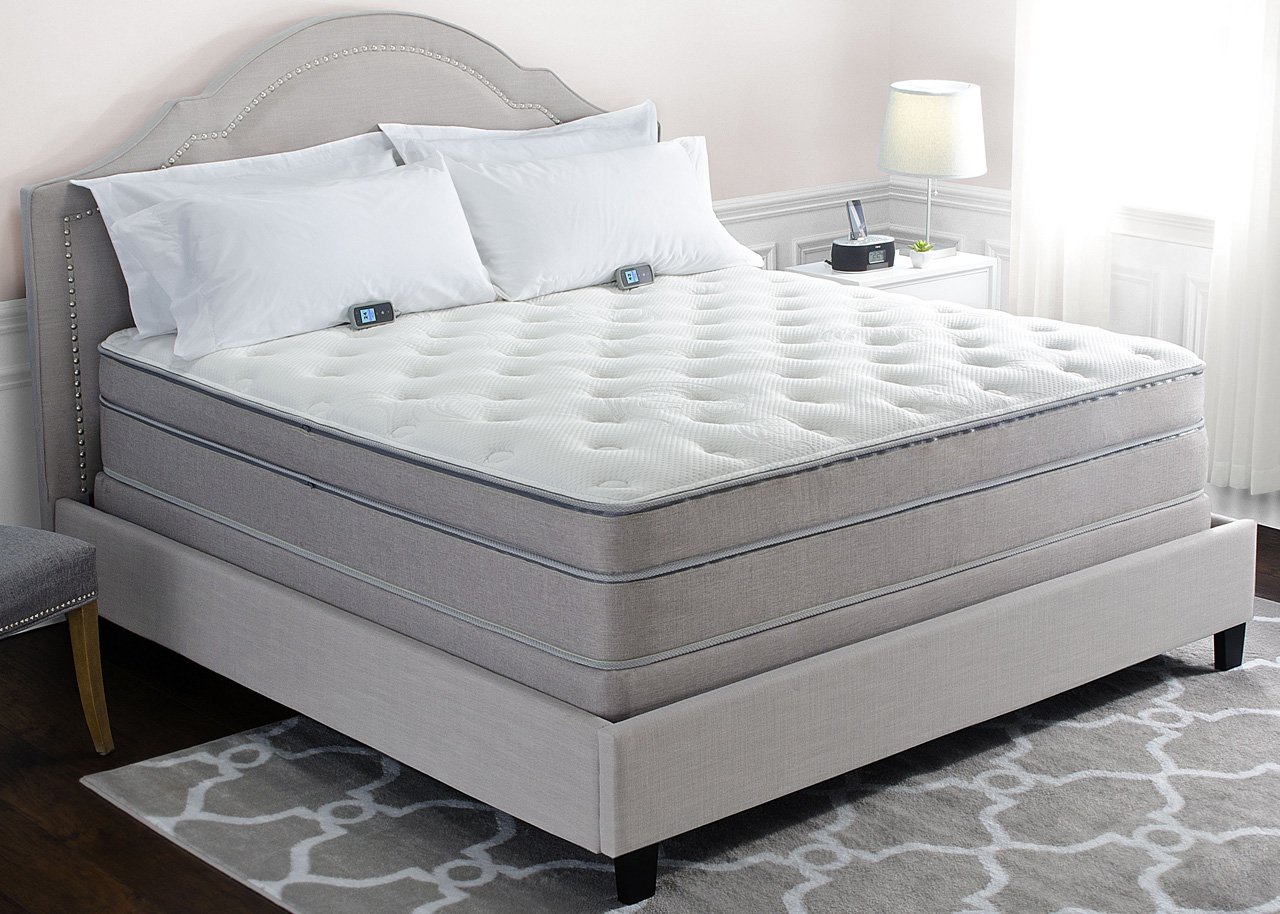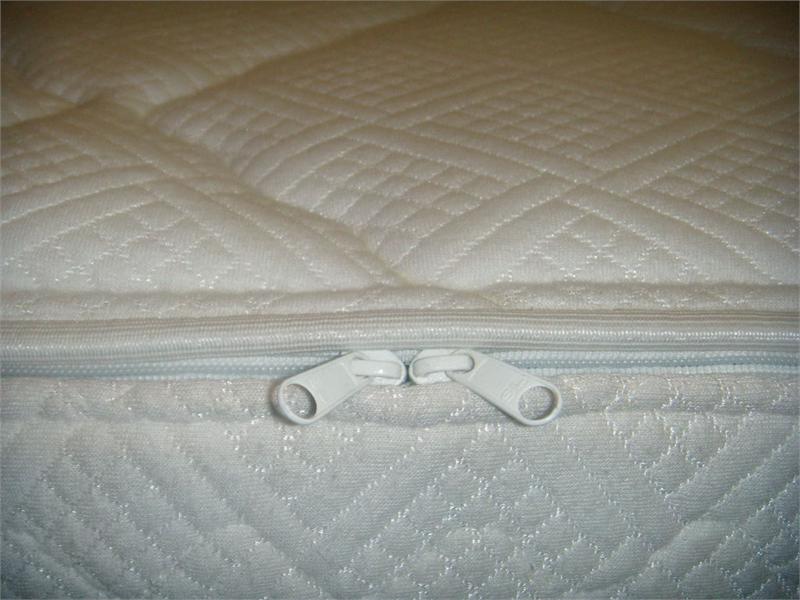Pros and Cons of Memory Foam Mattresses
Memory foam mattresses have become increasingly popular in recent years, claiming to provide superior comfort and support for a good night's sleep. However, like with any product, there are both advantages and disadvantages to consider before making a purchase. In this article, we will explore the top 10 main advantages and disadvantages of memory foam mattresses to help you decide if this type of mattress is right for you.
Memory Foam Mattress Benefits and Drawbacks
First, let's take a look at the benefits of memory foam mattresses. One of the main advantages is their ability to conform to your body's shape, providing personalized support and pressure relief. This is especially beneficial for those with back or joint pain, as the foam can help alleviate pressure points and promote proper spinal alignment. Additionally, memory foam mattresses are known for their motion isolation properties, meaning you won't be disturbed by your partner's movements during the night.
On the other hand, memory foam mattresses also come with some drawbacks to consider. One common complaint is their tendency to retain heat, which can make for an uncomfortably warm night's sleep. This is due to the foam's dense structure, which can trap body heat. Additionally, some people may find memory foam mattresses to be too soft, lacking the support they need for a comfortable sleep.
Advantages and Disadvantages of Memory Foam Mattresses
Another advantage of memory foam mattresses is their durability. These mattresses are made with high-quality materials and can last for many years without losing their shape or support. This can help save you money in the long run, as you won't need to replace your mattress as frequently as with other types.
However, one disadvantage is the initial off-gassing smell that can come with a new memory foam mattress. This odor is caused by the chemicals used in the manufacturing process and can be off-putting for some people. It typically dissipates within a few days, but it's something to consider if you have a sensitive nose.
Is a Memory Foam Mattress Right for You?
Now, let's discuss who would benefit most from a memory foam mattress. As mentioned before, those with back or joint pain may find relief with the personalized support and pressure relief provided by the foam. Additionally, memory foam mattresses can be a great choice for side sleepers, as they can help keep the spine aligned and prevent shoulder and hip pain.
However, if you tend to sleep hot or prefer a firmer mattress, a memory foam mattress may not be the best option for you. The heat retention and softness of the foam may not provide the level of support and comfort you need for a good night's sleep.
Memory Foam Mattress Pros and Cons
One of the main features that sets memory foam mattresses apart from other types is their ability to reduce motion transfer. This means that when your partner moves or gets out of bed, you won't feel it on your side. This can be a huge benefit for light sleepers or for couples with different sleep schedules.
However, some people may find that memory foam mattresses have a sinking feeling, making it difficult to move around and change positions. This can be a disadvantage for those who prefer a more responsive and bouncy mattress.
Benefits and Limitations of Memory Foam Mattresses
Another advantage of memory foam mattresses is their versatility. They can be used on any type of bed frame, including adjustable bases, and can also be a good choice for those who share a bed with a partner or pets. The foam's ability to conform to different body shapes and sizes makes it a suitable option for a variety of sleepers.
However, one limitation of memory foam mattresses is their weight. The dense foam can make it difficult to move and rotate the mattress, which is recommended to prevent sagging and prolong its lifespan. Additionally, some memory foam mattresses may have a higher price point than other types, which may not be feasible for everyone's budget.
Exploring the Advantages and Disadvantages of Memory Foam Mattresses
One of the biggest benefits of memory foam mattresses is their ability to reduce pressure points and promote proper spinal alignment. This can lead to a more restful sleep and can also help alleviate symptoms of medical conditions such as arthritis or fibromyalgia.
However, one disadvantage to consider is that memory foam mattresses may not be suitable for those who prefer a cooler sleep environment. The dense foam can trap body heat, making it uncomfortable for hot sleepers. Additionally, some people may find the sinking feeling of memory foam to be uncomfortable and may prefer a more traditional spring mattress.
Memory Foam Mattress Benefits and Drawbacks You Should Know
One of the benefits of memory foam mattresses that often goes unnoticed is their ability to reduce allergens. The dense foam is resistant to dust mites and other allergens, making it a suitable choice for those with allergies or asthma. This can lead to a healthier and cleaner sleeping environment.
However, one drawback to keep in mind is that memory foam mattresses may not be as responsive as other types. This means that they may not provide the same level of support and comfort for those who frequently change sleeping positions throughout the night.
Understanding the Pros and Cons of Memory Foam Mattresses
Lastly, let's discuss the maintenance and care of memory foam mattresses. One advantage is that they are relatively low maintenance, as they don't need to be flipped or rotated like traditional mattresses. However, spills and accidents can be more difficult to clean, as the foam can absorb liquid and can be challenging to dry completely.
Additionally, some memory foam mattresses may come with a strong chemical smell that can linger even after the off-gassing period. This may be a concern for those sensitive to strong odors, and it's essential to research the materials and manufacturing process of the mattress before making a purchase.
Is a Memory Foam Mattress the Best Choice for You? Pros and Cons to Consider
In conclusion, memory foam mattresses have several advantages, such as personalized support, motion isolation, and durability. However, they also come with some drawbacks, including heat retention, off-gassing, and a sinking feeling. When deciding if a memory foam mattress is the best choice for you, consider your sleeping preferences, budget, and any medical conditions that may benefit from the features of memory foam. With this information in mind, you can make an informed decision and choose the best mattress for your needs.
The Advantages and Disadvantages of Memory Foam Mattresses

Additional Benefits of Memory Foam Mattresses
 In addition to providing support and pressure relief, memory foam mattresses also have several other advantages. One of the most notable is their ability to absorb movement. This makes them an ideal choice for couples or anyone who shares a bed with a restless sleeper. The foam absorbs the movement, preventing it from disturbing the other person's sleep. This can lead to a better night's rest and a more peaceful sleeping environment for both individuals.
Another advantage of memory foam mattresses is their durability. Since they are made from high-quality materials, they can last for many years with proper care. This can save you money in the long run, as you won't have to replace your mattress as frequently. Additionally, memory foam mattresses are hypoallergenic and resistant to dust mites, making them a great option for those with allergies or respiratory issues.
In addition to providing support and pressure relief, memory foam mattresses also have several other advantages. One of the most notable is their ability to absorb movement. This makes them an ideal choice for couples or anyone who shares a bed with a restless sleeper. The foam absorbs the movement, preventing it from disturbing the other person's sleep. This can lead to a better night's rest and a more peaceful sleeping environment for both individuals.
Another advantage of memory foam mattresses is their durability. Since they are made from high-quality materials, they can last for many years with proper care. This can save you money in the long run, as you won't have to replace your mattress as frequently. Additionally, memory foam mattresses are hypoallergenic and resistant to dust mites, making them a great option for those with allergies or respiratory issues.
The Drawbacks of Memory Foam Mattresses
 While memory foam mattresses have several advantages, they also have some drawbacks. One common complaint is that they can retain heat, making them uncomfortable for some individuals, especially in warmer climates. However, many manufacturers have addressed this issue by incorporating cooling technologies into their mattresses, such as gel-infused foam or open-cell foam, which allows for better airflow.
Another potential disadvantage is the initial off-gassing smell that can come from memory foam mattresses. This is due to the chemicals used in the manufacturing process and can last for a few days to a few weeks. However, this smell typically dissipates over time and can be avoided by choosing a mattress with CertiPUR-US® certified foam, which ensures that the foam is low in volatile organic compounds (VOCs).
While memory foam mattresses have several advantages, they also have some drawbacks. One common complaint is that they can retain heat, making them uncomfortable for some individuals, especially in warmer climates. However, many manufacturers have addressed this issue by incorporating cooling technologies into their mattresses, such as gel-infused foam or open-cell foam, which allows for better airflow.
Another potential disadvantage is the initial off-gassing smell that can come from memory foam mattresses. This is due to the chemicals used in the manufacturing process and can last for a few days to a few weeks. However, this smell typically dissipates over time and can be avoided by choosing a mattress with CertiPUR-US® certified foam, which ensures that the foam is low in volatile organic compounds (VOCs).
Final Thoughts
 Overall, memory foam mattresses have several advantages that make them a popular choice among consumers. They provide excellent support and pressure relief, absorb movement, and are durable and hypoallergenic. However, they may not be the best fit for everyone, as some individuals may find them too hot or experience an initial off-gassing smell. It's essential to consider your individual needs and preferences when selecting a mattress and to research different brands and models to find the best option for you.
Overall, memory foam mattresses have several advantages that make them a popular choice among consumers. They provide excellent support and pressure relief, absorb movement, and are durable and hypoallergenic. However, they may not be the best fit for everyone, as some individuals may find them too hot or experience an initial off-gassing smell. It's essential to consider your individual needs and preferences when selecting a mattress and to research different brands and models to find the best option for you.




